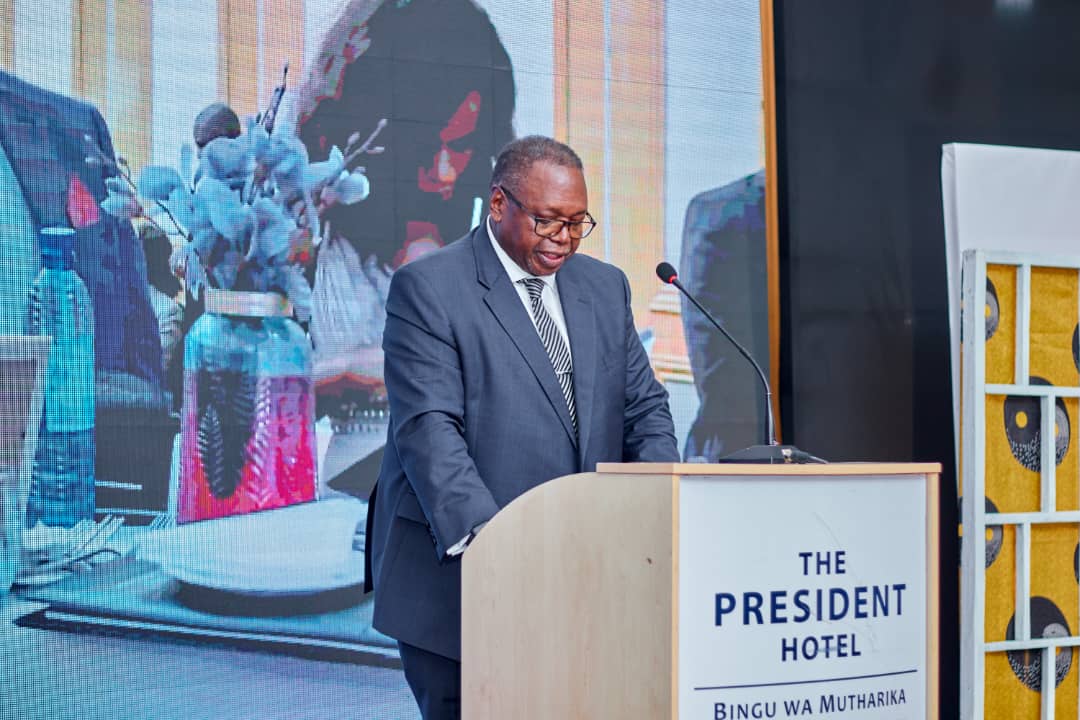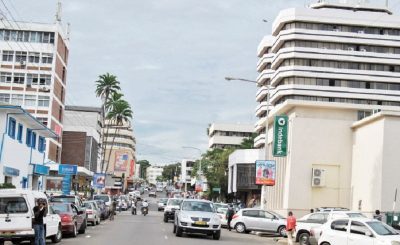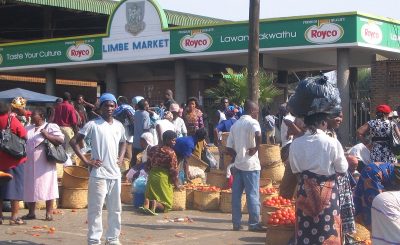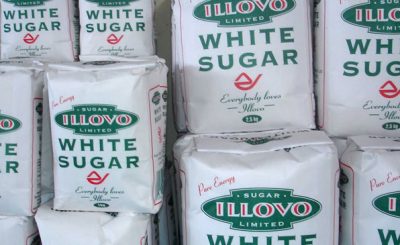The Reserve Bank of Malawi (RBM) has reiterated on the need for the country to seriously step up efforts towards achieving financial inclusion among the ultra-poor.
RBM Governor Wilson Banda said this on Friday in Lilongwe during official launch of 17 projects pegged at K12.8 billion from the International Fund for Agricultural Development (IFAD) through the Financial Access for Rural Markets, Smallholders, and Enterprises Programme (FARMSE).
According to Banda, financial inclusion, if well supported, can assist the ultra-poor to graduate from abject poverty and be economically independent.
He said: “That financial inclusion has to be supported, FARMSE has come very strongly to do exactly that. We have actually seen people graduating from very poor backgrounds into levels that are economically better empowered.
“Financial inclusion is the way of getting people move out of poverty. Certainly, the ultra-poor poor are getting empowered to survive on their own without relying on government handouts.”
The programme’s development objective is to increase access of a range of financial services in rural settings.
FARMSE supports household economic development through access to financial services in rural areas that are appropriate to each socio-economic level of poverty.
Concurring with Banda, incoming IFAD country director Bernadette Mukonyora stressed the need for a rollout of innovative products and services that can assist in financing various businesses.
Said Mukonyora: “We need more innovative products that will enable rural people to access financing and save so that they can finance their businesses.
“So this is a transformation moment for Malaŵi Government and IFAD but more importantly it is a transformation moment for the people of Malaŵi in rural areas, the drivers of this economy work in the agriculture sector.”
The three components include Ultra-Poor Graduation Upscaling (UPG), Support to Community Based Financial Organisation (CBFO), and Support for Innovation and Outreach Facility (IOF).
National programme coordinator for FARMSE Dickson Ngwende said the two-year project will have meaningful impact to targeted households.
“We have a robust monitoring system when we are working with implementing partners like these, there are areas of agreement we develop what we call milestones where we agree what is going to be achieved and when,” said Ngwende.
The key programme’s key components are aimed at providing support for the graduation of ultra-poor households from dependence on social cash transfer to sustainable economic self-sufficiency, capacity building of community based financial organisations in rural areas and promoting innovations to address bottlenecks in reaching out with financial services in rural areas.
Some of the implementing partners are TNM Mpamba Limited, African Institute for Corporate Citizenship (AICC), and African Fertilizer and Agribusiness Partnership (AFAP).
FARMSE is a seven-year development programme co-financed by the Malaŵi Government, the IFAD, and the private sector.





